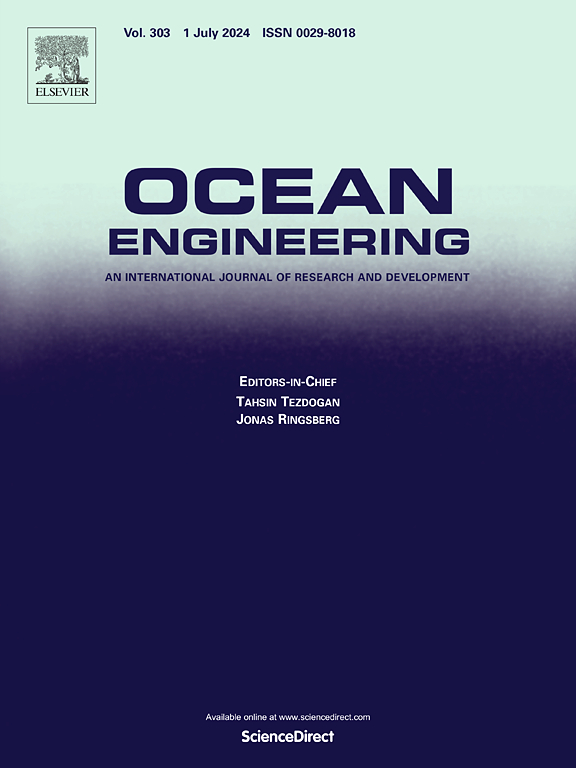Investigations and applications of carbon control technology: The roadmap to zero-carbon shipping
IF 4.6
2区 工程技术
Q1 ENGINEERING, CIVIL
引用次数: 0
Abstract
With the increasingly stringent carbon emission regulations issued by International Maritime Organization (IMO), ship carbon emissions have attracted increasing attention. The ship carbon control regulations are first comprehensively analyzed. On this basis, the monitoring and analysis technology of ship carbon emissions is introduced. Then, the research status of ship carbon control technology from the short, medium and long-term points of view is systematically reviewed. The shortcomings and challenges of the ship carbon control technology are summarized, and the future development trends are summarized and prospected. The comprehensive analysis results show that the short-term carbon control technologies can reduce ship carbon emissions through operational measures and optimization measures, but it is rather hard to meet medium and long-term goals of carbon control. The medium-term carbon control technologies, including methanol fuel and biofuels, could further reduce ship carbon emissions, but they still cannot achieve zero-carbon emissions. In order to realize the long-term carbon emission control goal, the long-term carbon control technologies, including ammonia fuel and carbon capture technology, should be adopted to achieve the truly green shipping industry.

碳控制技术的研究和应用:零碳航运的路线图
随着国际海事组织(IMO)碳排放法规的日益严格,船舶碳排放越来越受到人们的关注。首先对船舶碳排放控制法规进行了综合分析。在此基础上,介绍了船舶碳排放监测与分析技术。然后,从短期、中期和长期的角度系统回顾了船舶碳控制技术的研究现状。总结了船舶碳控技术的不足和挑战,并对未来的发展趋势进行了总结和展望。综合分析结果表明,短期碳控制技术可以通过操作措施和优化措施减少船舶碳排放,但很难达到中长期碳控制目标。包括甲醇燃料和生物燃料在内的中期碳控制技术可以进一步减少船舶碳排放,但仍无法实现零碳排放。为了实现长期的碳排放控制目标,应该采用包括氨燃料和碳捕集技术在内的长期碳控制技术,实现真正的绿色航运业。
本文章由计算机程序翻译,如有差异,请以英文原文为准。
求助全文
约1分钟内获得全文
求助全文
来源期刊

Ocean Engineering
工程技术-工程:大洋
CiteScore
7.30
自引率
34.00%
发文量
2379
审稿时长
8.1 months
期刊介绍:
Ocean Engineering provides a medium for the publication of original research and development work in the field of ocean engineering. Ocean Engineering seeks papers in the following topics.
 求助内容:
求助内容: 应助结果提醒方式:
应助结果提醒方式:


